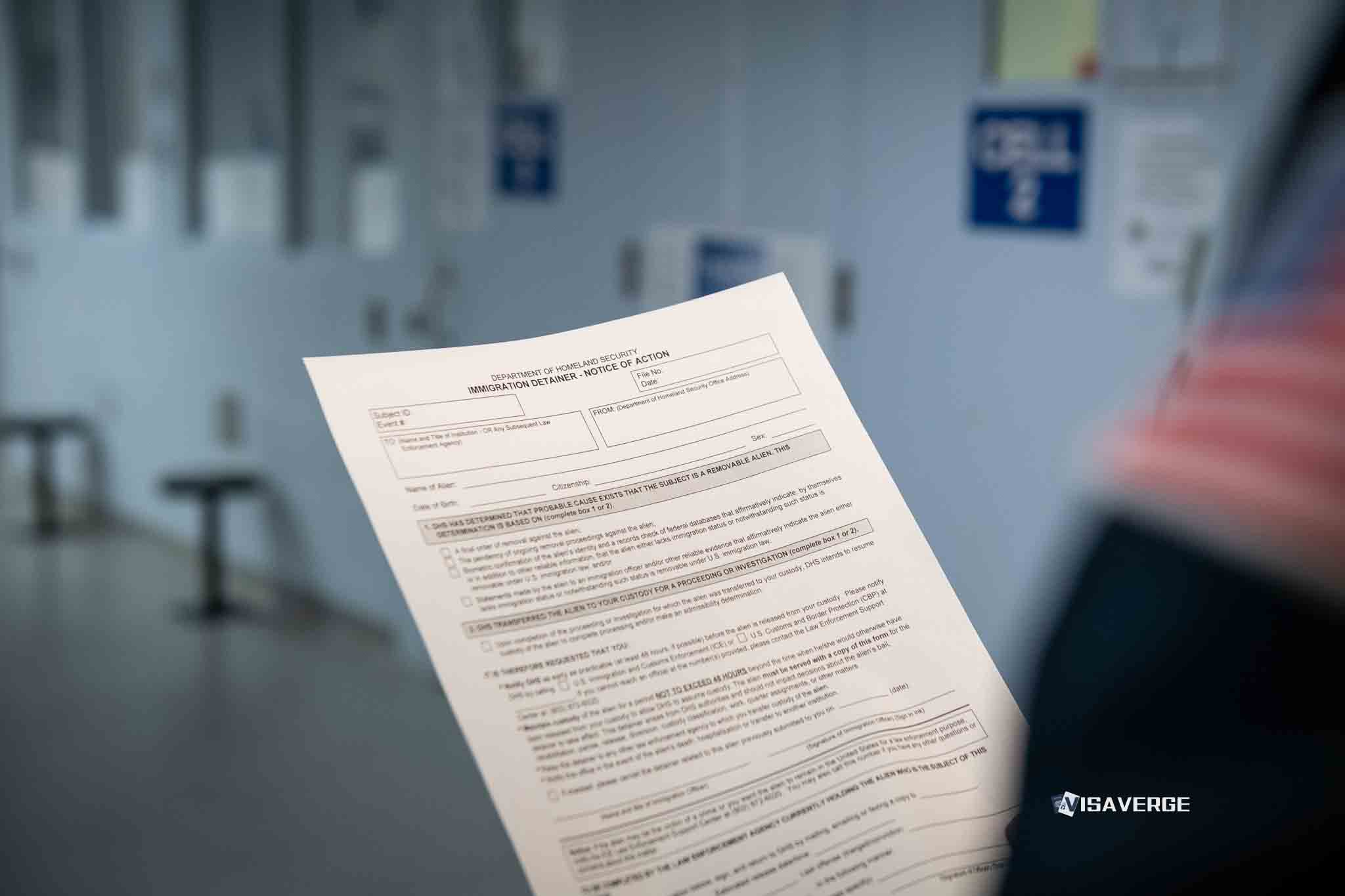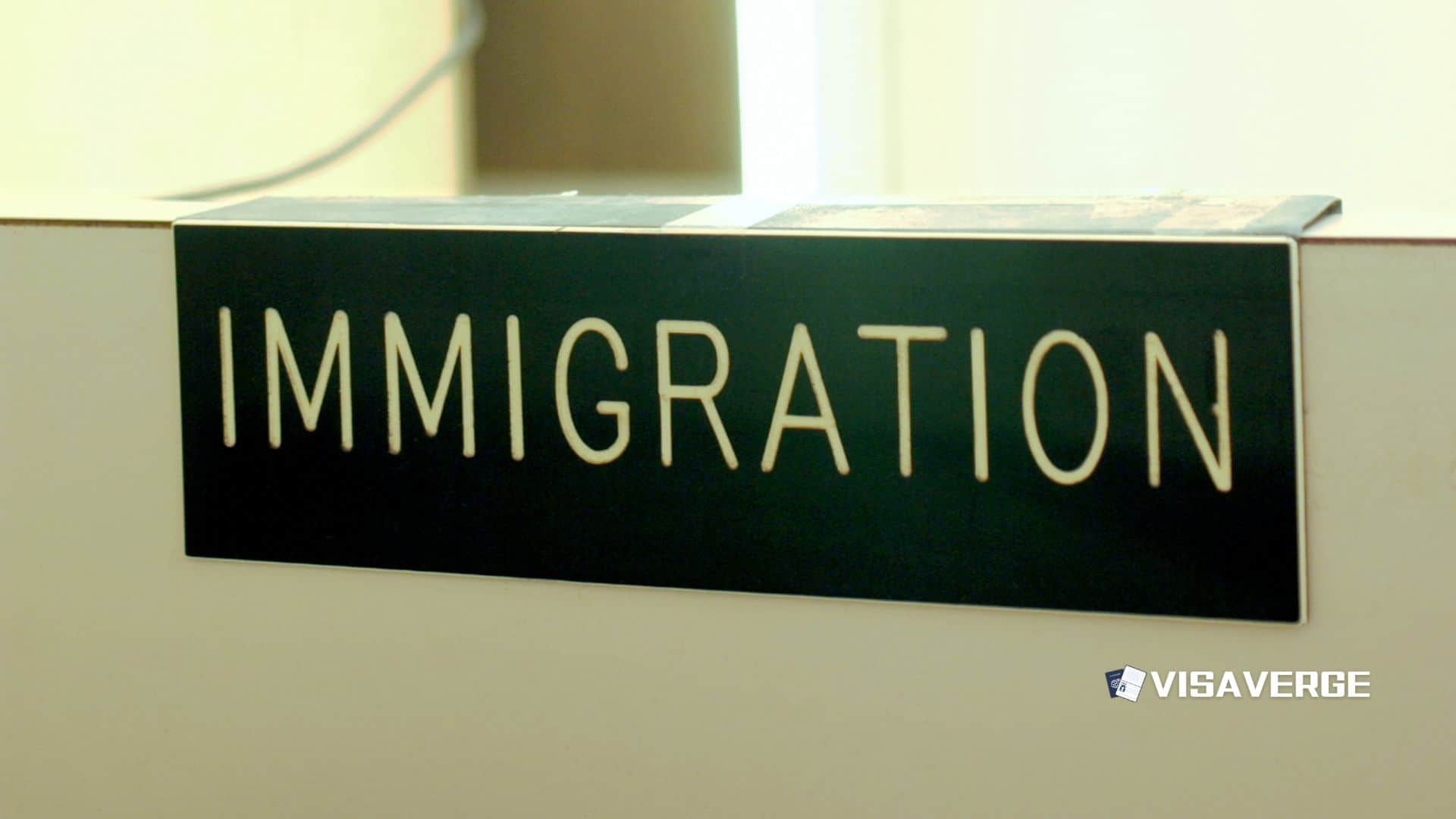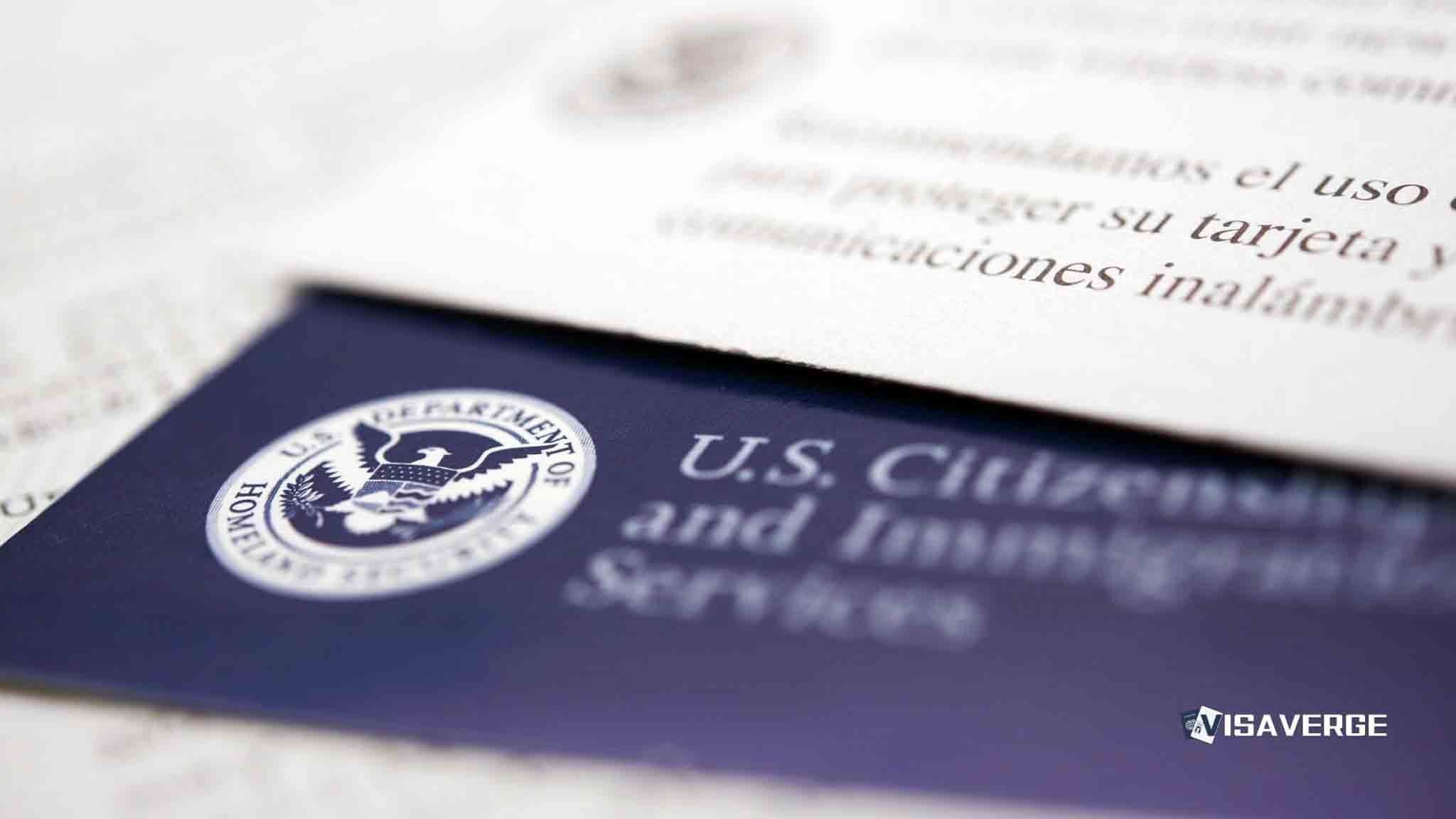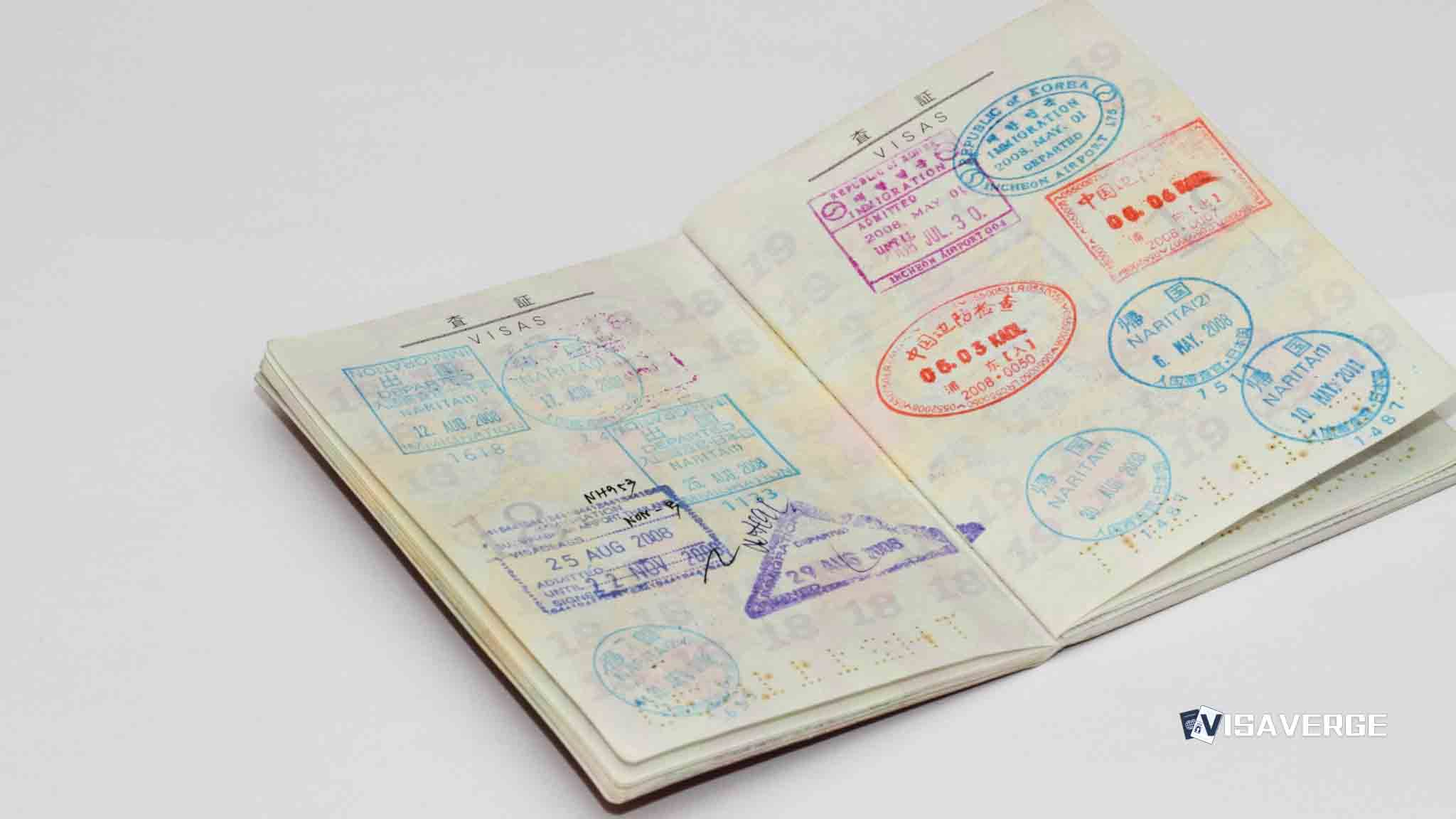Key Takeaways
• Apply for New Zealand student visas at least three months before your travel date to avoid delays.
• Types of visas include Fee-Paying, Pathway, Exchange, and Dependent Child Student Visas.
• Most student visas allow part-time work up to 20 hours weekly and full-time during holidays.
If you’re an international student dreaming of studying in New Zealand 🇳🇿, you’re not alone. Every year, thousands of students from around the world choose New Zealand for its world-class education, welcoming culture, and stunning natural beauty. But before you can start your studies, you’ll need to secure the right visa. Immigration New Zealand (INZ) has recently issued an urgent advisory: apply for your student visa at least three months before your planned travel date. This guide will walk you through everything you need to know about student visas for New Zealand, including visa types, eligibility, the application process, work restrictions, post-graduation options, and support services.

Why Early Application Matters: The Current Situation
Immigration New Zealand is experiencing its busiest time for student visa processing between May and August. This period, known as the mid-year peak, sees a surge in applications as students prepare for the July and February intakes. According to INZ, submitting your application early is the best way to avoid delays and ensure you receive your visa before your course begins.
Key points from the latest advisory:
– Apply at least three months before your travel date.
– Applications submitted during peak times may take longer to process.
– Incomplete applications or missing documents can lead to outright declines—INZ will not chase you for missing paperwork.
Example:
If your course starts in July 2025, you should aim to submit your visa application by April 2025 at the latest. Some universities even recommend applying 6–8 months in advance to allow time for any unexpected issues.
Types of Student Visas in New Zealand
New Zealand offers several visa options for international students, depending on your course length and study plans. The most common are:
1. Fee-Paying Student Visa
- For full-time study at a New Zealand school, university, or other education provider.
- Valid for up to four years, depending on your course length.
- Allows part-time work (with restrictions, explained below).
2. Pathway Student Visa
- Lets you study up to three consecutive courses on a single visa, for up to five years.
- Ideal if you plan to progress from language study to a diploma or degree.
3. Exchange Student Visa
- For students taking part in an approved exchange program.
- Usually valid for the duration of the exchange.
4. Dependent Child Student Visa
- For children of people who hold certain types of New Zealand visas.
For a full list of student visa types and eligibility, visit the official Immigration New Zealand student visa page.
Eligibility Requirements: What You Need to Qualify
To apply for a student visa, you must meet several requirements set by Immigration New Zealand:
1. Offer of Place:
You need a confirmed Offer of Place from a New Zealand education provider. This document proves you’ve been accepted into a course.
2. Proof of Funds:
You must show you have enough money to pay your tuition fees and support yourself while in New Zealand. The current requirement is at least NZD $20,000 per year for living costs (or NZD $1,667 per month if your course is less than a year).
3. Health and Character:
You may need to provide a medical certificate and a police certificate, especially if you plan to stay for more than 12 months.
4. Passport Validity:
Your passport must be valid for at least three months beyond your intended stay.
5. Health Insurance:
All international students must have approved health insurance for the duration of their stay.
6. Genuine Intentions:
You must genuinely intend to study in New Zealand and comply with your visa conditions.
Tip:
Use the official First-time International Student Information Sheet to make sure you have all the required documents.
The Application Process: Step-by-Step Guidance
Applying for a New Zealand student visa involves several steps. Here’s how to make your application as smooth as possible:
1. Gather Your Documents
Prepare the following:
– Offer of Place from your education provider
– Proof of funds (bank statements, scholarship letters, or financial guarantees)
– Passport (valid for at least three months after your planned departure)
– Medical and police certificates (if required)
– Health insurance policy
– Academic transcripts and certificates
– Statement of purpose (explaining why you want to study in New Zealand)
– Passport-sized photos
Important:
INZ will not follow up for missing documents. Incomplete applications may be declined.
2. Apply Online or by Paper
- Online applications are faster and more efficient. Create an account and apply through the Immigration New Zealand website.
- Paper applications are possible but may take longer to process.
3. Pay the Application Fee
- The fee for a Fee-Paying Student Visa is currently NZD $375 (as of 2025). Fees may vary depending on your country and visa type.
- Payment is made online during the application process.
4. Submit Biometrics (if required)
- Some students may be asked to provide fingerprints and a photo at a Visa Application Centre.
5. Wait for a Decision
- Processing times vary by institution and time of year (see below).
- You can check your application status online.
6. Receive Your Visa Decision
- If approved, you’ll receive an eVisa or a visa label in your passport.
- Only book travel after you have your visa.
Processing Times: What to Expect
Processing times depend on the type of institution and the time of year. According to Immigration New Zealand:
| Education Provider | Median Processing Time | 90% Processed Within |
|---|---|---|
| Universities | 2 weeks | 4 weeks |
| Schools | 1.5 weeks | 2.5 weeks |
| Te Pūkenga (NZ Institute of Skills and Technology) | 3 weeks | 6 weeks |
| Private Training Establishments | 3 weeks | 6 weeks |
Overall:
90% of student visa applications are processed within 66 weekdays, but during peak periods, it can take longer—especially for students from high-volume countries like India, where the average is about 30 days.
Actionable advice:
Apply as early as possible—ideally 3–6 months before your course starts.
Application Deadlines and Intake Periods
New Zealand universities and colleges have several intake periods:
- February Intake (First Semester):
Main intake, with most courses available. Applications usually close between September and November of the previous year. - July Intake (Second Semester):
Mid-year intake, with fewer courses. Applications typically close around April or May. -
November Intake:
Limited programs at some institutions.
Example:
If you want to start in February 2026, you should submit your visa application by November 2025 at the latest.
Work Restrictions for Student Visa Holders
Many international students want to work part-time while studying. Here’s what you need to know:
- Most student visas allow you to work up to 20 hours per week during the semester and full-time during scheduled holidays.
- Some courses (such as Masters by research or PhD) may allow full-time work.
- Your visa label or eVisa will state your work rights.
Important:
Working more than your allowed hours can lead to visa cancellation.
For more details, see the INZ student visa work conditions.
Post-Graduation Options: What Happens After You Finish Studying?
New Zealand offers attractive options for students who want to stay and work after graduation:
1. Post-Study Work Visa
- Allows you to work for any employer in New Zealand for up to three years (depending on your qualification and where you studied).
- Gives you time to gain valuable work experience and potentially transition to a longer-term visa.
2. Pathways to Residence
- If you find skilled employment, you may be eligible to apply for a work-to-residence or skilled migrant visa.
Example:
A student who completes a Bachelor’s degree at a New Zealand university can apply for a three-year Post-Study Work Visa. If they secure a job in a skill-shortage area, they may later apply for residence.
For official details, visit the Post-Study Work Visa page.
Support Services for International Students
New Zealand is known for its supportive environment for international students. Here’s what you can expect:
- International Student Offices:
Every university and most colleges have dedicated staff to help with visas, accommodation, and settling in. -
Orientation Programs:
These help you adjust to life in New Zealand, meet other students, and learn about local customs. -
Academic Support:
Free tutoring, writing centers, and English language support are widely available. -
Health and Wellbeing:
Access to on-campus health services and counseling. -
Legal and Immigration Advice:
Many institutions offer free or low-cost legal advice for students.
Tip:
Always check with your education provider about the support services available to you.
Recent Improvements in Visa Processing
Immigration New Zealand has made several changes to improve the student visa process:
- Median processing time reduced from 14 working days in 2022/23 to just 9 working days in 2024/25.
- Approval rates have increased:
- Resident visa approvals: 91.6% (up from 89.2%)
- Temporary visa approvals: 91.2% (up from 85.6%)
- Online applications now make up the majority, speeding up decisions.
- Customer satisfaction is up, with 78% of applicants reporting a positive experience in 2023/24.
According to analysis by VisaVerge.com, these improvements reflect New Zealand’s commitment to being a top destination for international students.
Practical Tips and Common Pitfalls
To maximize your chances of a successful visa application:
- Apply early—at least three months before your travel date.
- Double-check your documents—use the official checklist.
- Don’t book non-refundable travel until your visa is approved.
- Keep copies of all submitted documents.
- Stay in touch with your education provider for updates and support.
Common mistakes to avoid:
– Submitting incomplete applications.
– Not providing proof of funds.
– Missing application deadlines.
– Ignoring health insurance requirements.
Where to Find Official Information
For the most up-to-date information on student visas, processing times, and application forms, always refer to the official Immigration New Zealand website.
Final Takeaways
Studying in New Zealand is an exciting opportunity, but getting your visa sorted is essential. With processing times longer during peak periods, Immigration New Zealand’s advice to apply at least three months early is more important than ever. By preparing your documents carefully, applying online, and staying informed, you’ll give yourself the best chance of starting your studies on time.
Next steps:
– Check your course start date and work backward at least three months.
– Gather all required documents using the official checklist.
– Apply online through the Immigration New Zealand website.
– Stay in contact with your education provider for support.
With careful planning and attention to detail, you’ll be ready to start your New Zealand study adventure with confidence.
Learn Today
Immigration New Zealand (INZ) → Government agency handling visa applications and immigration processes in New Zealand.
Fee-Paying Student Visa → Visa for full-time students studying at New Zealand education providers, valid up to four years.
Pathway Student Visa → Visa allowing study of up to three consecutive courses, valid for up to five years.
Post-Study Work Visa → Allows graduates to work in New Zealand for up to three years after completing their studies.
Visa Application Centre → Authorized centers where biometric data is collected for the visa application process.
This Article in a Nutshell
New Zealand welcomes thousands of international students annually. Early visa application is crucial due to peak processing times. Types of student visas vary by course, with specific eligibility and work restrictions. Post-graduation work visas offer career pathways. Support services help students settle and succeed academically and personally in New Zealand’s unique environment.
— By VisaVerge.com
Read more:
• Dubai opens world’s largest Visa Application Centre with VFS Global Group
• H-1B visa applications drop after fee hike to $215 per entry
• Indian visa applications to Turkey and Azerbaijan drop sharply after diplomatic row
• Canada extends deadline for judicial review of immigration applications
• European Union moves to expand safe third country rule for asylum applications













